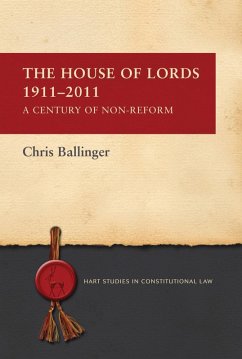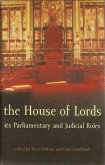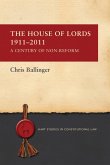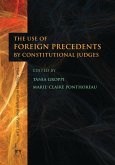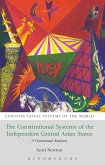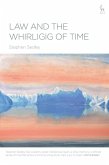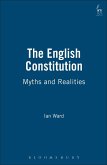House of Lords reform is often characterised as unfinished business: a riddle that has been left unanswered since 1911. But rarely can an unanswered riddle have had so many answers offered, even though few have been accepted; indeed, when Viscount Cave was invited in the mid-1920s to lead a Cabinet committee on Lords reform, he complained of finding 'the ground covered by an embarrassing mass of proposals'.That embarrassing mass increased throughout the twentieth century. Much ink has been spilled on what should be done with the upper House of Parliament; much less ink has been expended on why reform has been so difficult to achieve.
This book analyses in detail the principal attempts to reform the House of Lords. Starting with the Parliament Act of 1911 the book examines the century of non-reform that followed, drawing upon substantial archival sources, many of which have been under-utilised until now. These sources challenge many of the existing understandings of the history of House of Lords reform and the reasons for success or failure of reform attempts. The book begins by arguing against the popular idea that the 1911 Act was intended by its supporters to be a temporary measure.
'No one - peers included - should be allowed to pronounce about the future of the House of Lords without reading Chris Ballinger's authoritative, shrewd and readable account about reform attempts over the past century. He punctures several widely-held myths and claims in the current debate.'
Rt Hon Peter Riddell CBE
Director, Institute for Government and former Hansard Society chair
'This is at once an impeccably researched academic study, and a thoroughly readable account loaded with lessons for today's would-be Lords reformers.'
Lord (David) Lipsey
This book analyses in detail the principal attempts to reform the House of Lords. Starting with the Parliament Act of 1911 the book examines the century of non-reform that followed, drawing upon substantial archival sources, many of which have been under-utilised until now. These sources challenge many of the existing understandings of the history of House of Lords reform and the reasons for success or failure of reform attempts. The book begins by arguing against the popular idea that the 1911 Act was intended by its supporters to be a temporary measure.
'No one - peers included - should be allowed to pronounce about the future of the House of Lords without reading Chris Ballinger's authoritative, shrewd and readable account about reform attempts over the past century. He punctures several widely-held myths and claims in the current debate.'
Rt Hon Peter Riddell CBE
Director, Institute for Government and former Hansard Society chair
'This is at once an impeccably researched academic study, and a thoroughly readable account loaded with lessons for today's would-be Lords reformers.'
Lord (David) Lipsey

